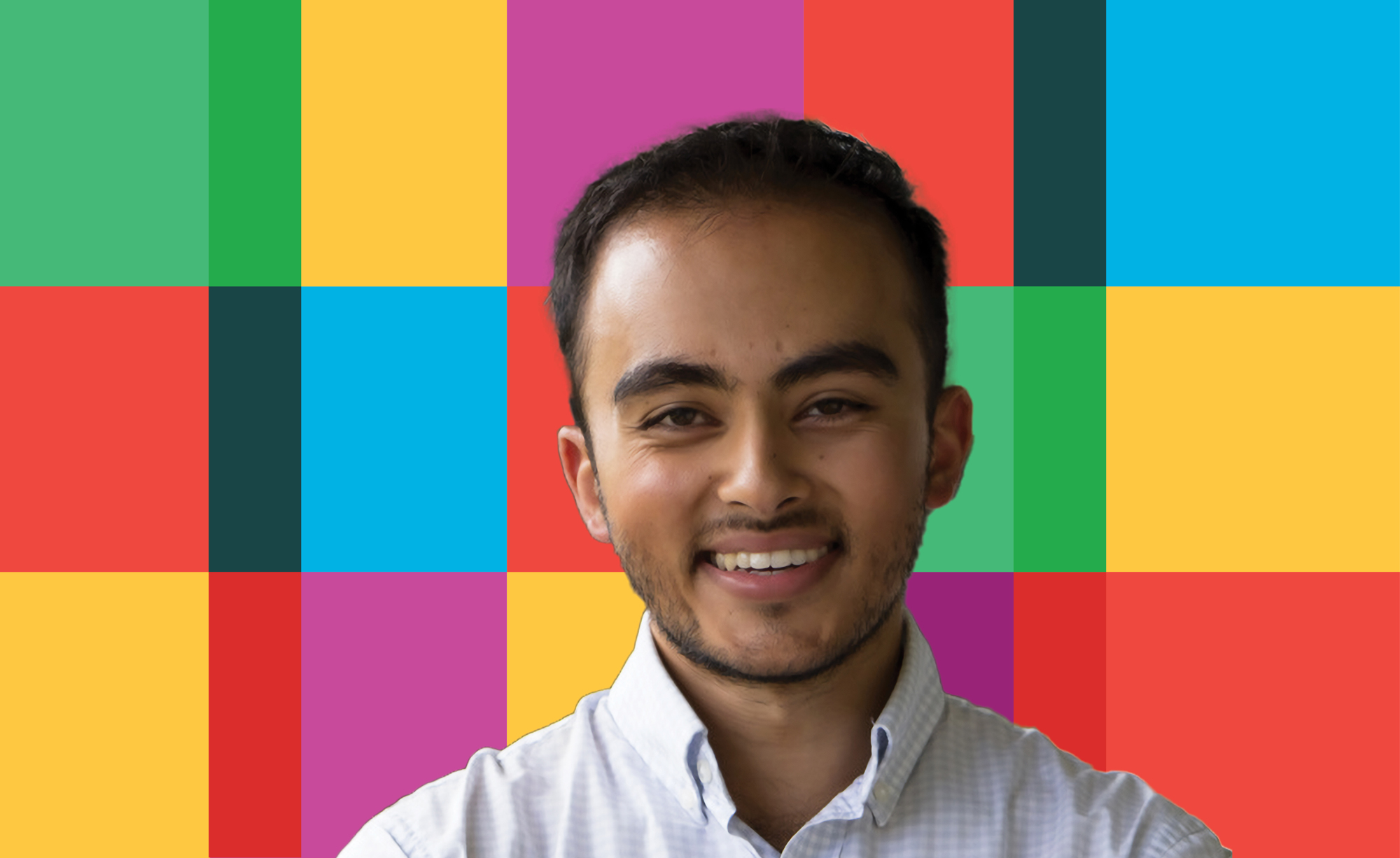Building a New Learning Environment with AI
-
-
Slice of MIT
Filed Under
Recommended

Yusuf Ahmad SM ’20 wants to help educators use artificial intelligence to help themselves. “We want to support the impactful use of AI in education,” says Ahmad, cofounder of Playlab, a platform where educators and nonprofits can create their own AI tools for a host of applications, including lesson planning, student support, simulation and game design, and school administration. “Part of our work will be to help educators and administrators develop AI critical literacy. And part of it will be to support the people who are building the tools we’ll need to do that.”
Born in 1989 to an immigrant South Asian family in Canada’s Alberta province, Ahmad initially studied chemical engineering at Columbia University but switched to education after traveling to Egypt and Lebanon. Graduating in 2012, he took a job at the American University in Cairo, and then, after a short stint in policy in Washington, DC, moved to Africa. Over the next four years, he helped develop and launch the African Leadership University (ALU), an educational consortium, with campuses in Mauritius and Rwanda, conceived to help shape the continent’s next generation of change makers.
At ALU, Ahmad and his colleagues adapted a popular university-level online computer science course for their students. He was surprised that the course opened with Scratch, a children’s programming language developed at MIT by Mitchel Resnick, the LEGO Papert Professor of Learning Research, along with his Lifelong Kindergarten research group. “I wondered why he led off the course with a children’s programming language,” recalls Ahmad, who later contributed to Scratch. “But we started testing Scratch at ALU, where we had a lot of students with nontraditional backgrounds. We saw a huge jump in retention. That led me to learn more about the philosophy and research group behind Scratch.”
In the summer of 2018, Ahmad began a master’s program at the Media Lab. “I wanted to work with Mitch,” he explains. “Because of his ideas. And because of the atmosphere he created. The Media Lab was a place that encouraged us to follow our passions and curiosity. It was also a place where experimentation is the foundation of research. If you have an idea, people want to see a prototype. That culture of play and experimentation underpins a lot of the ideas we are using to shape Playlab.”
After completing his master’s in 2020, Ahmad helped develop educational products at Teach for America. In late 2023, together with cofounder Ian Serlin, Ahmad launched Playlab. The nonprofit currently counts a staff of 10 and is growing rapidly—as are the applications of the platform. Students in Denver created tools on Playlab to help hundreds of Coloradans register to vote. A high school biology teacher in Memphis, Tennessee, uses Playlab to empower students to design individual research projects. And Oregon is rolling out “Sassy,” a chatbot built on Playlab that helps students brainstorm possible careers and pursue them. Playlab community members are training educators in Ireland, South Africa, and Brazil to better understand and deploy AI in their schools.
“I think we need a new architecture for our school systems,” says Ahmad. “To create learning environments that are human centered, project based, and that help more people find a path towards who they want to be. At Playlab, we are building the tools that will support all that.”







